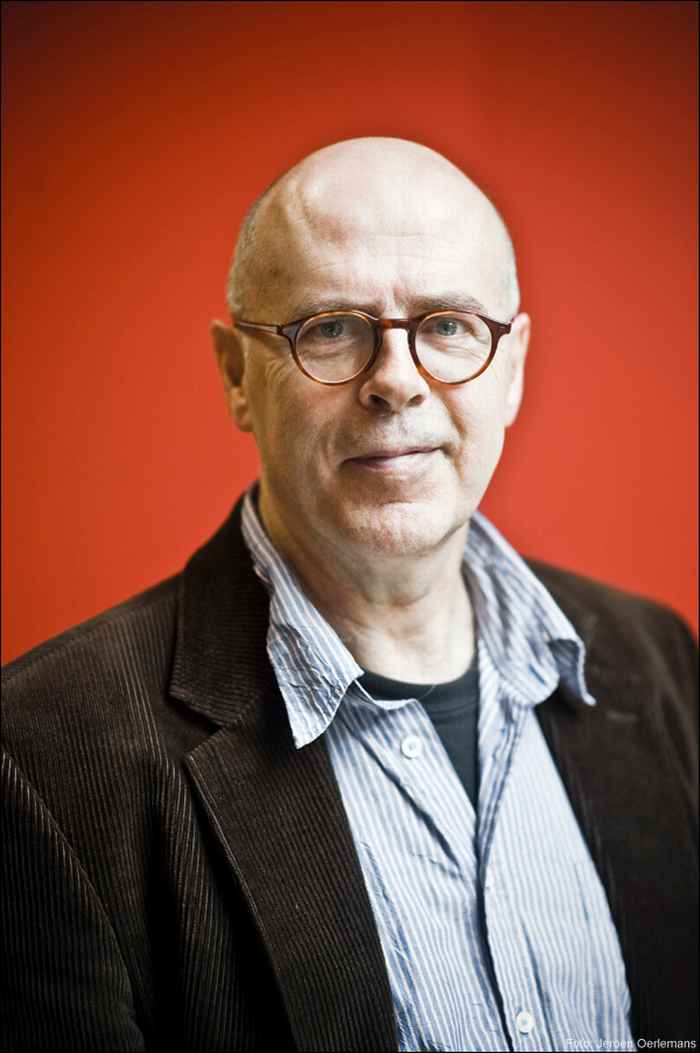Prof. D.J.N. van Eijck
7 December 2011

Prof. D.J.N. van Eijck (1951) has been named Professor by Special Appointment of Computational Semantics at the University of Amsterdam’s (UvA) Faculty of Science. The chair was designated on behalf of the Science Plus Foundation (Stichting Bèta Plus).
Jan van Eijck focuses on the logical analysis of language and communication, with a field of interest spanning formal language theory, computational linguistics (particularly semantics), functional programming, knowledge logic and social software. In his recent book, entitled Computational Semantics with Functional Programming (Cambridge University Press), Van Eijck uses functional programming to reconstruct the process of structuring meaning in sentences in natural language. He has also developed software that charts the effects of communication (sending messages) in environments in which multiple ‘agents’ act to influence each other. He is the author or co-author of a number of well-known textbooks in the fields of informatics, logic, formal linguistics, mathematics and philosophy.
Van Eijck has been a senior researcher at the National Research Institute for Mathematics and Computer Science (CWI) since 1989, and also works part-time as a professor of Logical Aspects of Computation Linguistics at the Utrecht Institute of Linguistics - OTS at Utrecht University. From 1997 until 2002 he was academic director of the Dutch national Logica research school. Prior to 1989, Van Eijck held successive posts as a lecturer at both Tilburg University and the University of Cambridge and as a researcher at SRI-International in Cambridge. He was also a fellow of the Netherlands Institute for Advanced Study in the Humanities and Social Sciences (NIAS).